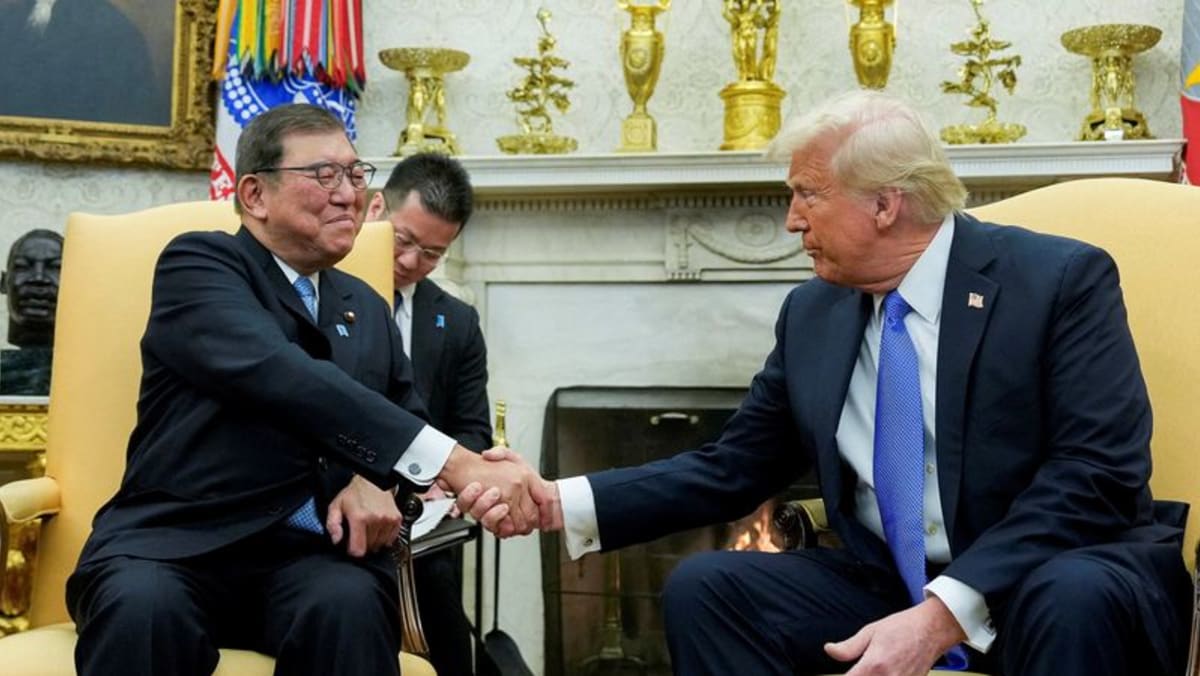Ishiba and his ruling Liberal Democratic Party face an upper house election next month that comes after a lower house loss in November that left him reliant on the support of other parties to stay in power.
Another poor electoral result could bring down his government and would force Trump to reset trade talks with a new Japanese administration.
“The most important thing is that Ishiba does not cave in for a bad (auto) deal,” said Joseph Kraft, a financial political analyst at Rorschach Advisory in Tokyo.
“I expect there will be some kind of deal, although it could be haphazard. Trump needs some good news and I don’t think he has much interest in G7 activities.”
Failing to reach an agreement in Canada might not have an immediate economic impact on Japan, but tariffs that stay in place will eventually drag down growth, said Asuka Tatebayashi, senior analyst at Mizuho Bank.
“If you look at the data for car exports to the US for April, it was quite striking. The volume in dollars was down by nearly 5 per cent, but the number of cars has increased a lot,” she said.
“It means either they are only selling cheap cars or the manufacturers are absorbing the cost. I think the latter is the case and this is not very sustainable.”
Tariffs could shave 0.9 per cent off Japan’s gross domestic product, Mizuho Research & Technologies estimated in a report in April.
